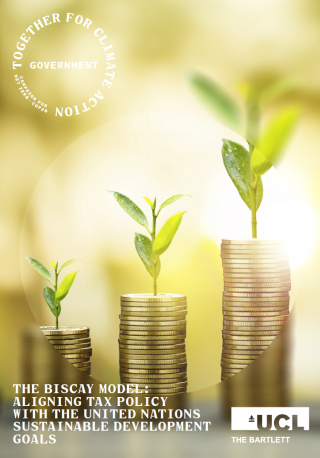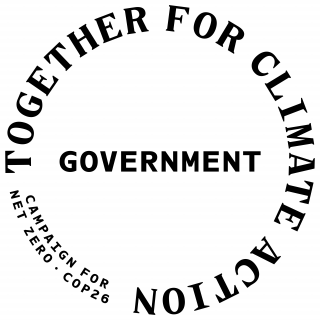The Biscay Model: Aligning tax policy with the United Nations sustainable development goals
4 October 2021

The climate emergency and achieving the UN Sustainable Development Goals (SDGs) require a new, more active approach from governments. This approach should focus on co-creating and shaping markets and tilting the playing field towards an inclusive and sustainable economy. Taxation is one of the tools that can provide a foundation for shifting the system and rethinking the relationship between the state, organisations and the economy.
In 2020, the UCL Institute for Innovation and Public Purpose (IIPP) undertook a partnership with the Biscay regional government. This has focused on regional fiscal policy tools and their roles in addressing the climate emergency and other SDGs. It emphasises the role of governments in shaping markets, providing direction to industries and innovation, and creating opportunities for economic growth that is innovative, green, and inclusive.In particular, the partnership has explored the question: How can taxation tools advance the United Nations Sustainable Development Goals (SDGs)? This resulted in the development of a composite index tool that we call the Biscay Model, which links corporate taxation and corporate SDG performance in priority areas.
The purpose of this brief is to share a novel approach to evaluating corporate SDG performance, as well as to provide an expanded view of taxation. This brief encourages policy-makers and other stakeholders, particularly at the sub-national level, to consider the market-shaping tools at their disposal – from taxation and direct incentives to procurement and collaboration – in their work on climate and the SDGs.
Read 'The Biscay Model: Aligning tax policy with the United Nations sustainable development goals'
 Close
Close



